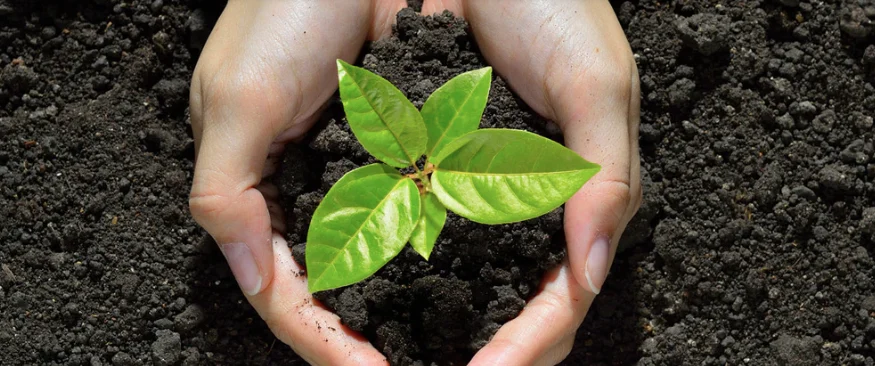Healthy soil is the foundation of every thriving garden. While composting, mulching, and crop rotation are well-known techniques for improving soil, many gardeners don’t realize that some plants can also do the job naturally. Certain species enrich the earth just by growing, breaking up hard ground, fixing nitrogen, attracting beneficial insects, and even detoxifying the soil.
If you’re looking to build better soil while beautifying your garden, here are the top 5 plants that naturally improve soil quality — no fertilizers required.

🌾 1. Legumes (Clover, Beans, Peas, Alfalfa)
Soil benefit: Nitrogen fixation
Legumes are well-known soil superheroes. Through a symbiotic relationship with Rhizobium bacteria, legumes pull nitrogen from the atmosphere and “fix” it in the soil — making it available to other plants. This process naturally replenishes one of the most essential nutrients for plant growth.
Planting legumes as a cover crop or in rotation with heavy feeders like corn or tomatoes helps rebalance soil fertility. Even better, legumes break down quickly after harvesting, adding organic matter and improving soil texture.
Try This: Crimson clover as a winter cover crop, or interplant bush beans in your vegetable garden to boost nearby plants.
🌻 2. Sunflowers
Soil benefit: Phytoremediation + deep tilling
Sunflowers aren’t just pretty — they’re powerful soil detoxifiers. Their deep roots pull up heavy metals and toxins, a process known as phytoremediation. They also break up compacted soil layers, improving aeration and water infiltration.
After harvest, sunflower stalks and leaves can be chopped and returned to the soil as mulch, providing valuable organic matter.
Tip: If you’re using sunflowers for detoxification, don’t compost them — the toxins they absorb should be discarded properly.
🌿 3. Comfrey
Soil benefit: Nutrient accumulation + mulch production
Comfrey is often called a “dynamic accumulator.” Its deep taproot pulls up nutrients like potassium, calcium, and phosphorus from subsoil layers that other plants can’t reach. Those nutrients are stored in the lush leaves, which can be cut several times a season and used as a nutrient-dense mulch.
Comfrey decomposes quickly, feeding microbes and enriching the topsoil without any additional input. It’s particularly great for fruit trees and perennial gardens.
Bonus: Comfrey is a pollinator magnet — bees love its purple blooms!
🌾 4. Daikon Radish (Tillage Radish)
Soil benefit: Natural aeration + organic matter
Daikon radishes act like living drills. Their long, strong roots penetrate compacted or clay-heavy soils, creating channels that improve drainage and root access for future crops. When left to decompose in the soil, these roots break down and leave behind rich organic matter.
This plant is an excellent choice for no-till or regenerative gardeners who want to improve soil structure without machinery.
Note: Plant in late summer or early fall for best results as a winter cover crop.
🌿 5. Buckwheat
Soil benefit: Weed suppression + phosphorus release
Fast-growing and low-maintenance, buckwheat is a fantastic soil builder. It shades out weeds, prevents erosion, and supports pollinators — but its real superpower lies underground. Buckwheat roots release acids that make phosphorus more available to other plants, especially in soils where this key nutrient is locked up.
Because buckwheat grows quickly (just 30–40 days from seed to flower), it’s ideal for short-season soil improvement between other plantings.
Pro Tip: Mow or chop it down just before it seeds to prevent self-sowing.
🌱 Final Thoughts: Let Plants Work the Soil for You
Improving soil health doesn’t always require digging, buying compost, or hauling mulch. By strategically planting the right species, you can let nature do the work — building richer, looser, more fertile soil season by season.
Whether you’re rejuvenating tired garden beds or starting from scratch, these five plants offer a simple and sustainable way to improve your soil organically — while supporting biodiversity, reducing chemical inputs, and keeping your garden naturally balanced.
